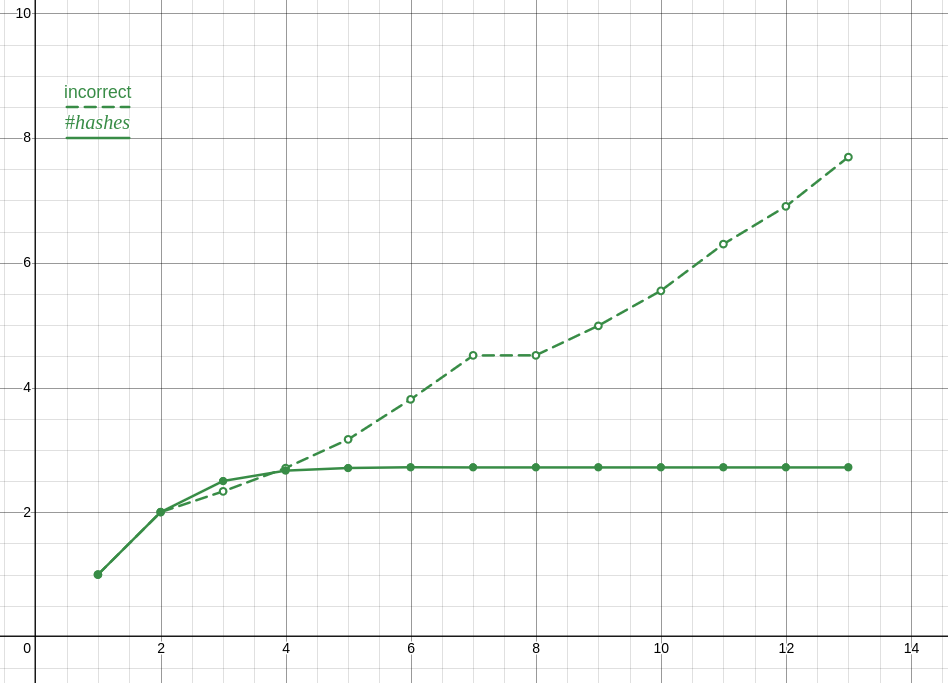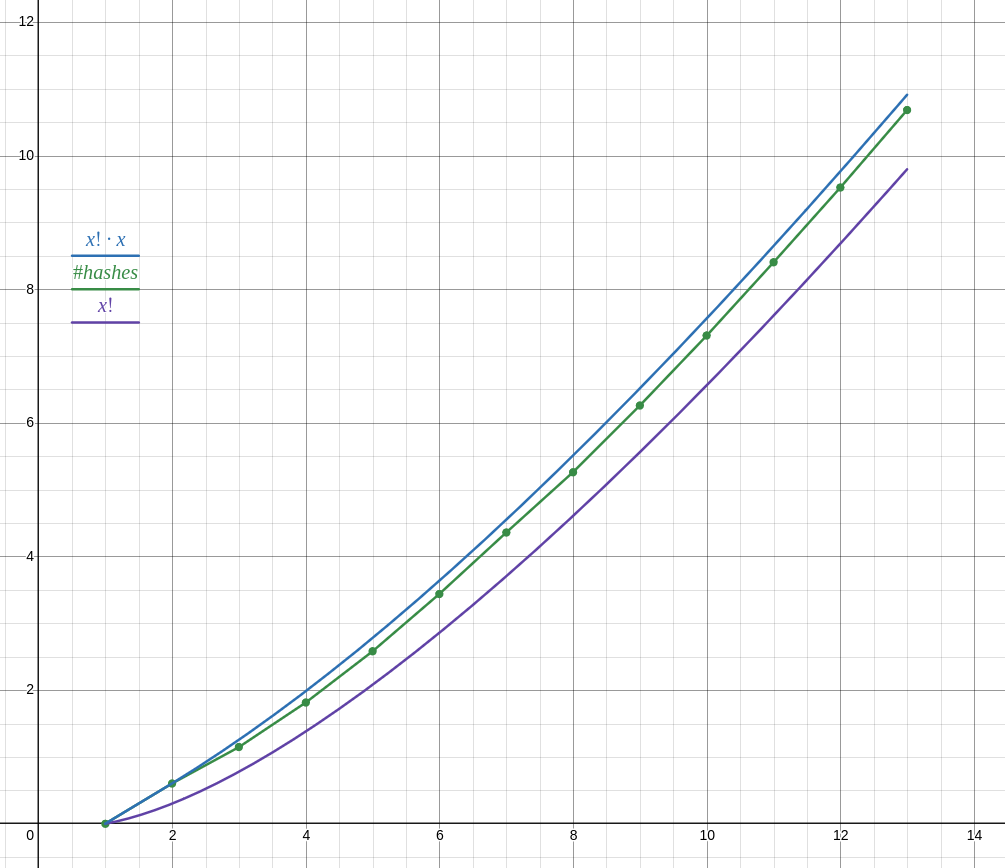

especially if some of the children have a background in cyber crime . this is somehow not a joke , see this video (youtube.com)
nya !!! :3333 gay uwu
I’m in a bad place rn so if I’m getting into an argument please tell me to disconnect for a bit as I dont deal with shit like that well :3


especially if some of the children have a background in cyber crime . this is somehow not a joke , see this video (youtube.com)


YES . its so unhinged . they have an entire page discussing if Obama is actually a Muslim
note that the -- -> operator is different than --->


depends on your format ? if the format is binary anyway or has binary blobs (ie it needs a program that is able to handle octets outside the printable range) and using those characters does not introduce any ambiguities with the format then go for it . ANSI and related control codes all start with 0x1B


doubt it , since they shorten their username to CY78 , for example on their youtube channel profile or in the vaguely lewd unicode art


also : https://github.com/Kingcy78/NEW/blob/main/1#L551-L570
high quality malware !


the other mentioned repo has the same payload soooo


here is the extracted payload : https://gist.github.com/MinekPo1/af9bfd787c35ea5ff8b22165e9a05a6d


I suspect that’s not the actual payload , the anggur- repo appears to be more suspicious , might try to analyse that


Agh I made a mistake in my code:
if (recalc || numbers[i] != (hashstate[i] & 0xffffffff)) {
hashstate[i] = hasher.hash(((uint64_t)p << 32) | numbers[i]);
}
Since I decided to pack the hashes and previous number values into a single array and then forgot to actually properly format the values, the hash counts generated by my code were nonsense. Not sure why I did that honestly.
Also, my data analysis was trash, since even with the correct data, which as you noted is in a lineal correlation with n!, my reasoning suggests that its growing faster than it is.
Here is a plot of the incorrect ratios compared to the correct ones, which is the proper analysis and also clearly shows something is wrong.

Anyway, and this is totally unrelated to me losing an internet argument and not coping well with that, I optimized my solution a lot and turns out its actually faster to only preform the check you are doing once or twice and narrow it down from there. The checks I’m doing are for the last two elements and the midpoint (though I tried moving that about with seemingly no effect ???) with the end check going to a branch without a loop. I’m not exactly sure why, despite the hour or two I spent profiling, though my guess is that it has something to do with caching?
Also FYI I compared performance with -O3 and after modifying your implementation to use sdbm and to actually use the previous hash instead of the previous value (plus misc changes, see patch).


you forgot about updating the hashes of items after items which were modified , so while it could be slightly faster than O((n!×n)²) , not by much as my data shows .
in other words , every time you update the first hash you also need to update all the hashes after it , etcetera
so the complexity is O(n×n + n×(n-1)×(n-1)+…+n!×1) , though I dont know how to simplify that


actually all of my effort was wasted since calculating the hamming distance between two lists of n hashes has a complexity of O(n) not O(1) agh
I realized this right after walking away from my devices from this to eat something :(
edit : you can calculate the hamming distance one element at a time just after rehashing that element so nevermind


honestly I was very suspicious that you could get away with only calling the hash function once per permutation , but I couldn’t think how to prove one way or another.
so I implemented it, first in python for prototyping then in c++ for longer runs… well only half of it, ie iterating over permutations and computing the hash, but not doing anything with it. unfortunately my implementation is O(n²) anyway, unsure if there is a way to optimize it, whatever. code
as of writing I have results for lists of n ∈ 1 … 13 (13 took 18 minutes, 12 took about 1 minute, cant be bothered to run it for longer) and the number of hashes does not follow n! as your reasoning suggests, but closer to n! ⋅ n.

anyway with your proposed function it doesn’t seem to be possible to achieve O(n!²) complexity
also dont be so negative about your own creation. you could write an entire paper about this problem imho and have a problem with your name on it. though I would rather not have to title a paper “complexity of the magic lobster party problem” so yeah


unless the problem space includes all possible functions f , function f must itself have a complexity of at least n to use every number from both lists , else we can ignore some elements of either of the lists , therby lowering the complexity below O(n!²)
if the problem space does include all possible functions f , I feel like it will still be faster complexity wise to find what elements the function is dependant on than to assume it depends on every element , therefore either the problem cannot be solved in O(n!²) or it can be solved quicker


this would assume that finding the next prime is a linear operation , which is false


if I’m not mistaken , a example of a problem where O(n!²) is the optimal complexity is :
There are n traveling salespeople and n towns . find the path for each salesperson with each salesperson starting out in a unique town , such that the sum d₁ + 2 d₂ + … + n dₙ is minimised, where n is a positive natural number , dᵢ is the distance traveled by salesperson i and i is any natural number in the range 1 to n inclusive .
pre post edit, I realized you can implement a solution in 2(n!) :(


lmao the “high priority bug” is just a user error
honestly I use .hh/.cc which is quite nice IMO . you can also use .hpp/.cpp but I don’t like it personally
reminder that .H can be used as a c++ header extension , along with .C for source files
silly
looks at IP address you code in python right ?